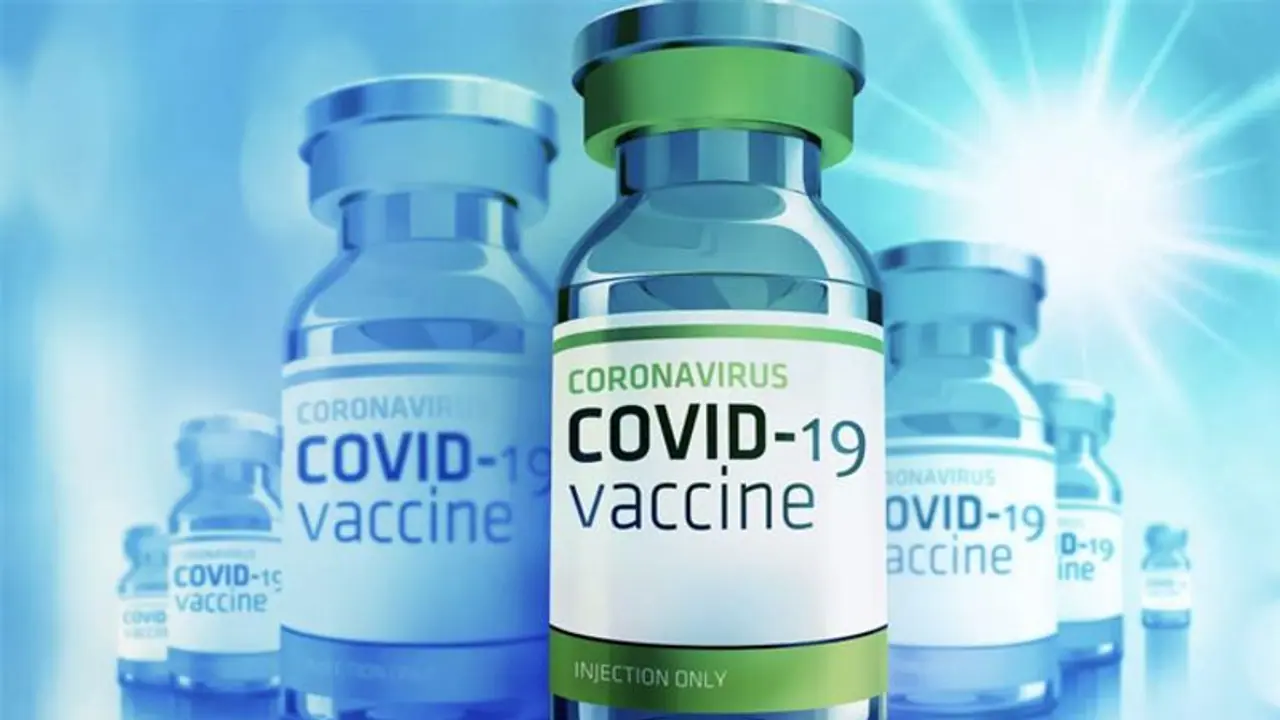AstraZeneca, Pfizer-BioNTech, Novavax, Janssen, Moderna, Valneva, and Curevac were among the vaccines studied.
According to research published in The Lancet journal, six distinct coronavirus boosters are safe and elicit a significant immune response in persons who have previously received a two-dose course of AstraZeneca or Pfizer vaccinations. Several trials found that two doses of AstraZeneca and Pfizer vaccines provided 79% and 90% protection against hospitalisation and mortality after six months, respectively. However, protection against COVID-19 infection deteriorates over time, prompting discussion of boosters to protect the most susceptible and relieve the load on healthcare systems.

The most recent study investigated the safety, immunological response, and adverse effects of seven vaccinations when administered as a third booster shot. AstraZeneca, Pfizer-BioNTech, Novavax, Janssen, Moderna, Valneva, and Curevac were among the vaccines studied.
Professor Saul Faust of the University Hospital Southampton NHS Foundation Trust in the United Kingdom said the side effect data demonstrate that all seven vaccinations are safe to use as third doses, with tolerable levels of inflammatory side effects such injection site pain, muscular soreness, and exhaustion. The researchers made it clear that their findings only apply to these immunizations as boosters for the first two doses. They added that further research would yield data three months and one year after patients have had their boosters, providing insights into their influence on long-term protection and immunological memory.
Also Read | Covaxin shows only 50% efficacy against symptomatic COVID-19: Lancet Study
The experiment included 2,878 healthy volunteers recruited at 18 UK locations between June 1 and June 30, 2021. AstraZeneca was given to around half of the participants, while Pfizer was given to the other half. All seven vaccinations elicited similar reactions, with weariness, headache, and injection site discomfort most often reported. Because of pandemic schedules and the requirement to provide data to guide policy in September 2021, the delay between the second and third doses was shorter in specific individuals than the period between the two doses.
